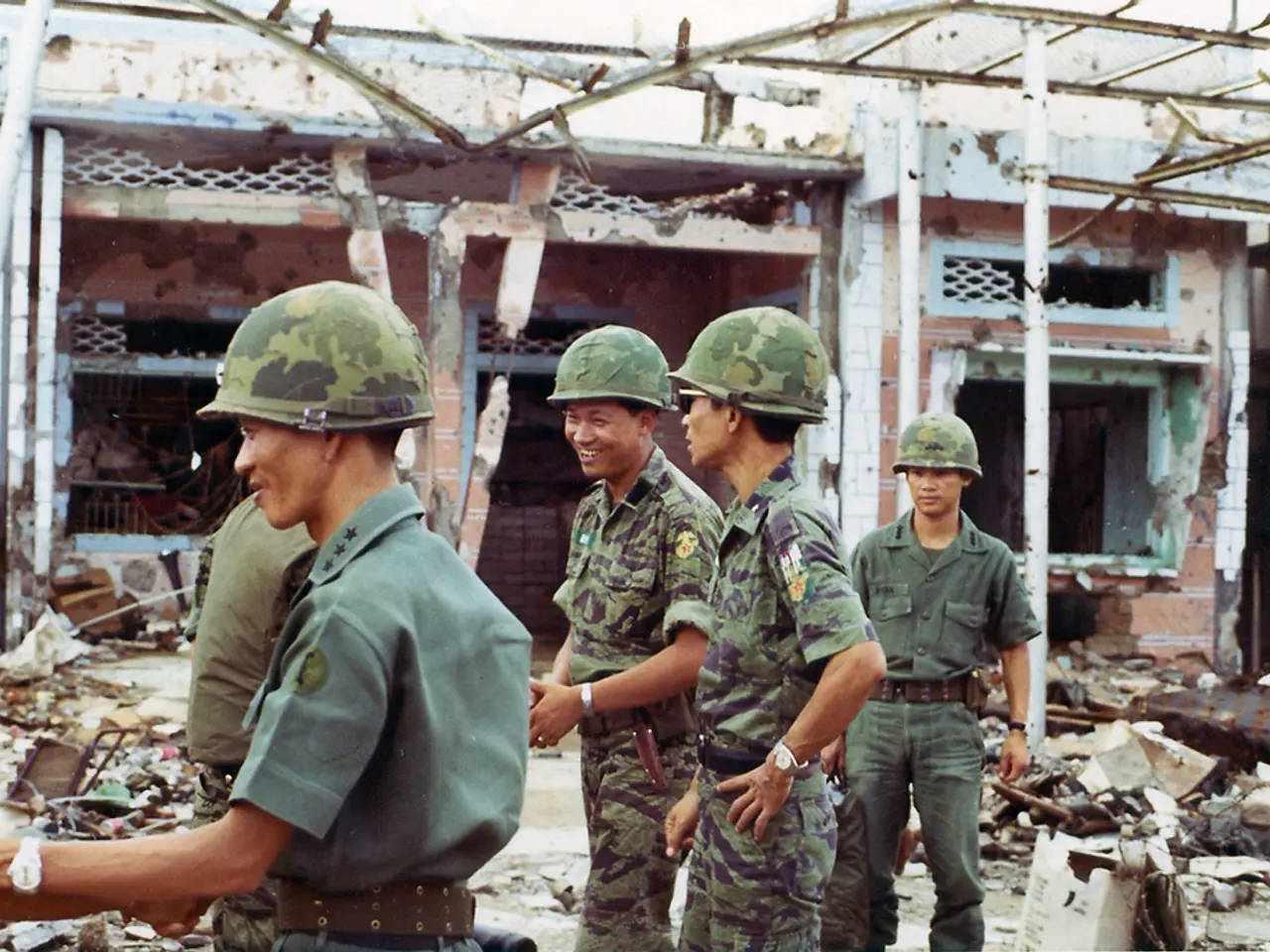escalating psychological distress incidents amid border disputes
The ongoing conflict along the Thai-Cambodian border has led to a significant surge in psychological distress among civilians, according to the Ministry of Public Health. This crisis has prompted a massive response from the government, with mental health crisis teams screening tens of thousands of people and providing care to thousands experiencing severe stress and hundreds at high risk of suicide.
Displaced Population and Shelters
Approximately 193,000 to 395,000 people have been displaced and are taking refuge in 676 to 767 shelters across seven border provinces, including Ubon Ratchathani, Si Sa Ket, Surin, Buri Ram, Trat, Sa Kaeo, and Chanthaburi.
Mental Health Screening and Support
Mental health crisis teams, such as the Mental Health Crisis Assessment and Treatment Teams (MCATT), have screened between approximately 20,000 and 54,500 civilians. Findings indicate 600 to over 2,100 people suffer from severe stress, and 142 to 267 people are at high risk of suicide, all receiving psychological counseling and care.
The government has deployed over 1,100 medical and emergency teams, supported by about 2,000 volunteer healthcare personnel, providing comprehensive care, including psychological counseling, to over 55,000 individuals.
Healthcare Infrastructure Impact
Healthcare infrastructure has been severely affected: 20 hospitals are directly impacted, with 9 to 11 hospitals fully closed and the rest partially suspending services. Additionally, many community health centers have shut down, complicating access to care.
Casualties and Response Strategy
Casualties among civilians include at least 15 deaths and 38 injuries, with dozens hospitalized. The response strategy prioritizes vulnerable groups such as the elderly, pregnant women, children, bedridden and disabled individuals, using ongoing assessments to monitor both physical and psychological health in displacement shelters.
Hospital Attacks and Closures
The minister last week condemned Cambodia for the hospital attack, citing it as a gross violation of human rights and the Fourth Geneva Convention (1949). Among the 11 hospitals that have shut down due to the clashes are Nam Khun, Nam Yuen, Nachaluay, Kanthararom, Phu Sing, Kap Choeng, Phanom Dong Rak, Prasat, Ban Kruat, Chalerm Phra Kiat, and Lahansai hospitals.
Ongoing Efforts
The coordinated government response acknowledges the complex humanitarian and mental health challenges posed by the conflict, emphasizing both immediate medical intervention and longer-term psychological support to maintain community resilience and recovery. However, new data regarding the number of people living in temporary shelters, the number of people screened for mental health issues, the number of people at risk of suicide, or the number of patients evacuated due to the conflict was not provided.
[1] Thai PBS World
[2] Bangkok Post
[3] Reuters
[4] Khaosod English
- Considering the severe mental health consequences of the Thai-Cambodian border conflict, the government has initiated extensive health-and-wellness programs, directing mental health crisis teams to screen and support displaced civilians.
- The ongoing crisis presents an urgent need for science-based interventions, with mental health issues, such as severe stress and high suicide risk, being addressed in health-and-wellness facilities, along with physical healthcare concerns.




